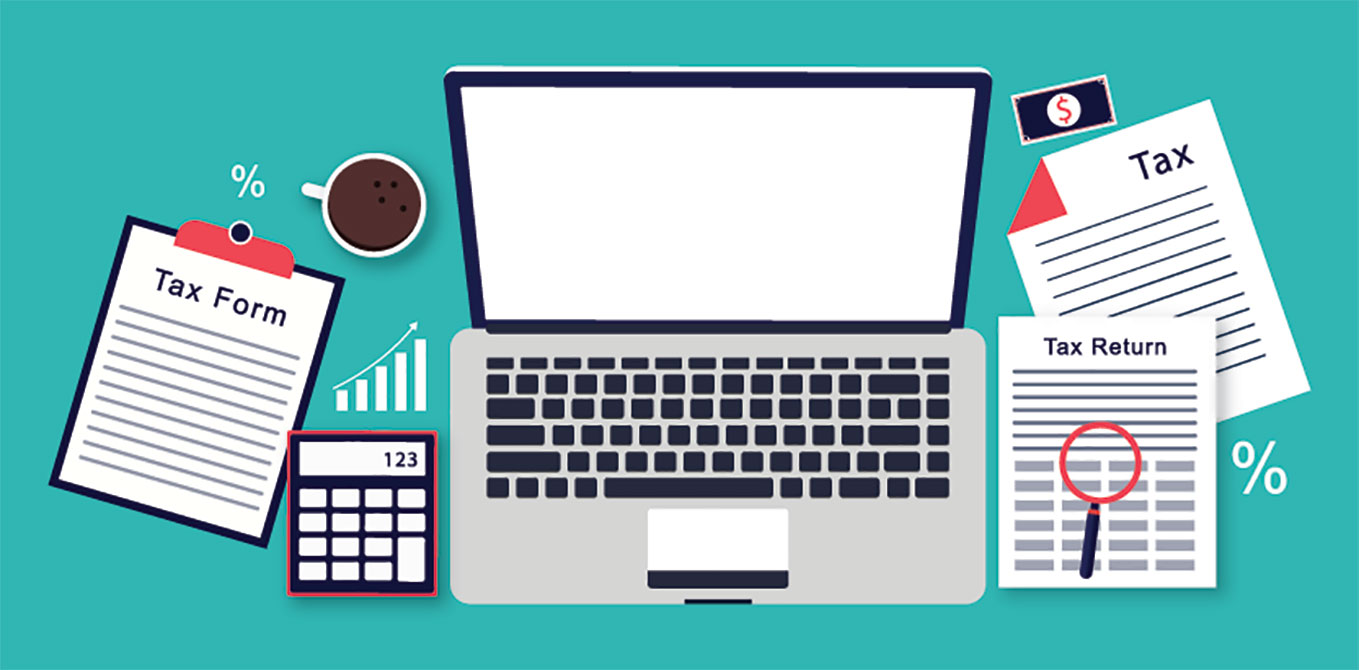Financial moves to make in your 60s
When you've officially funded your retirement, your lifetime of financial responsibility pays off. Now you can live the lifestyle you've dreamed of and worked for. However, it might require a careful transition as you adjust to life without a regular paycheck.
11 Financial To-Dos in your 60s
While you should certainly enjoy retirement, the early years are a time to tread lightly. Experts agree that the first five post-retirement years are particularly risky as retirees adjust to their newfound freedom—on a fixed income. Review these tips to help make your money last.
1. Take advantage of your remaining earning years
Maximize your 401(k) contributions with your employer and boost your savings as much as possible with an IRA. IRAs offer tax advantages for retirement savings. There are various types with different tax treatments, so saving in both Roth and Traditional IRAs will give you options when pulling money in retirement.
2. Consider downsizing
Many retirees downsize or even consider moving to a new location. Downsizing your home, cars, and other assets can help you reduce expenses so your fixed retirement income lasts longer. If you’re thinking about relocating in retirement to warmer climates or to be closer to family, consider your options carefully to understand if it’s the best move financially.
3. Reduce long-term risk by keeping a combination of cash and bonds.
In an ideal world, experts recommend saving one to three years' worth of living expenses in the bank, plus three to five years' worth of expenses in bonds once you retire. That way, you won't get caught draining your retirement savings more quickly than planned by selling stocks to cover living expenses during a market downturn. Keeping some cash in savings will allow your bonds to age appropriately before accessing them. If you pull from your bonds early, you may lose the interest your money has earned.
4. Sign up for Medicare.
Depending on your situation, you may be automatically enrolled in Medicare. Those who have begun taking Social Security benefits, for instance, are automatically enrolled in Medicare Part A and B. That said, you still may decide to sign up for the Part D drug plan, buy a Medigap supplemental policy, or switch to a Medicare Advantage plan. Look into your options to decide what's best for you.
5. Secure long-term care insurance.
It's highly recommended that retirees get long-term care insurance to protect their retirement funds from unexpected and costly health issues. This type of coverage can also help pay for the cost of a nursing home, if needed—something Medicare, alone, doesn't do. So, if you don't yet have long-term care insurance, now is the time to get it.
6. Plan your account withdrawals from your retirement account(s).
Hopefully, by now you have a realistic idea of how much you'll need each month to cover your regular expenses. Don't forget to budget for travel and recreation—you'll have more time for that in retirement! Once you nail down how much you'll need, it's time to schedule your withdrawals. Doing so ensures you'll have the funds you need when you need them.
7. Consider a modified “safe" withdrawal rate and adjust for inflation.
Until more recently, conventional wisdom said that a 4% withdrawal rate would help retirees stretch their funds 30 years, but now many experts advise a lower rate whenever possible. Consider reducing your withdrawals, for instance, after high-gain or big-loss years for your portfolio. And keep an eye on inflation, both when it comes to your expenses and your investment portfolio's growth rate.
8. Use Social Security strategically.
There are hundreds of claiming strategies for Social Security depending on your situation (married, divorced, widowed, etc.). For help determining how to maximize this income stream—and navigating its governing rules—consider working with a financial advisor.
9. Watch your spending habits carefully.
Now isn't the time to lose control of your spending. Thankfully, you have years of budgeting experience under your belt. Indulge occasionally and mindfully, but otherwise, spend carefully.
10. Don't rule out some type of work during retirement.
As life expectancies increase, retirement lengthens. You may have several decades of living and spending ahead of you. Plus, some people find themselves missing the sense of purpose that comes with working. The good news is that the gig economy has opened many doors. Whether you work as a freelance copy editor, occasionally drive for a rideshare company, or work part-time at a hardware store, there are now plenty of options for part-time, flexible work. This way, you can keep a stream of income while also maintaining some flexibility.
11. If you haven’t, begin estate planning.
Even if you don’t consider yourself “wealthy” you likely want to plan for what happens to your assets when you no longer need them. One of the first steps is creating a will and estate plan, but work with your financial advisor to create a plan and put your wishes on paper.
Lean on your financial or wealth advisor as needed throughout your retirement to ensure your finances are on track and to maintain your peace of mind. After all, you've worked to enjoy this period of your life.




